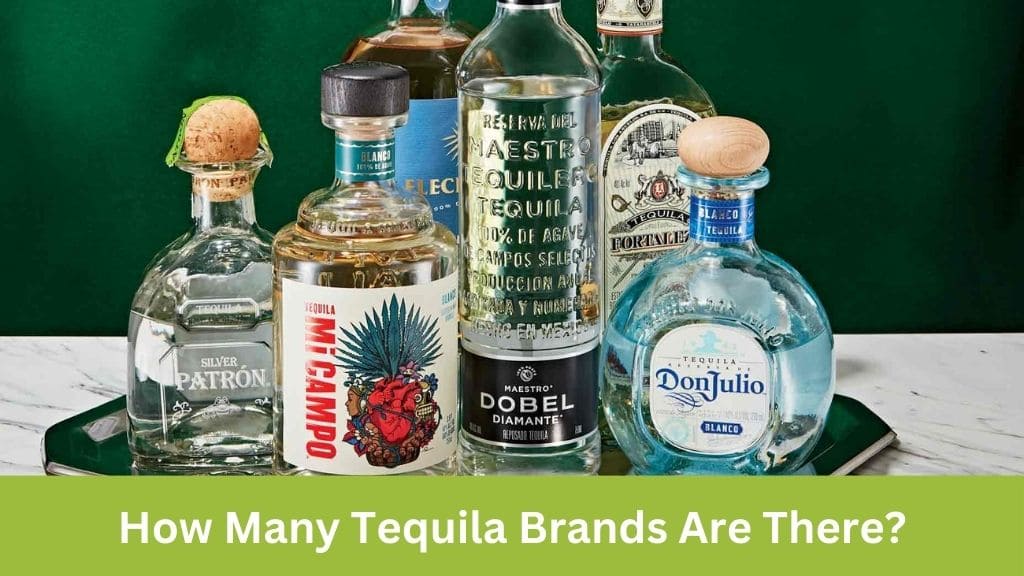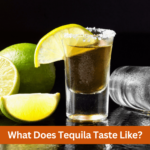Tequila, the iconic Mexican spirit, has garnered global fame for its unique taste and cultural significance. As tequila aficionados indulge in this beloved beverage, one question often arises: How many tequila brands are there? In this comprehensive exploration, we delve into the diverse landscape of tequila brands, uncovering the rich history, notable players, and the sheer variety that defines this spirited industry.
Types of Tequila
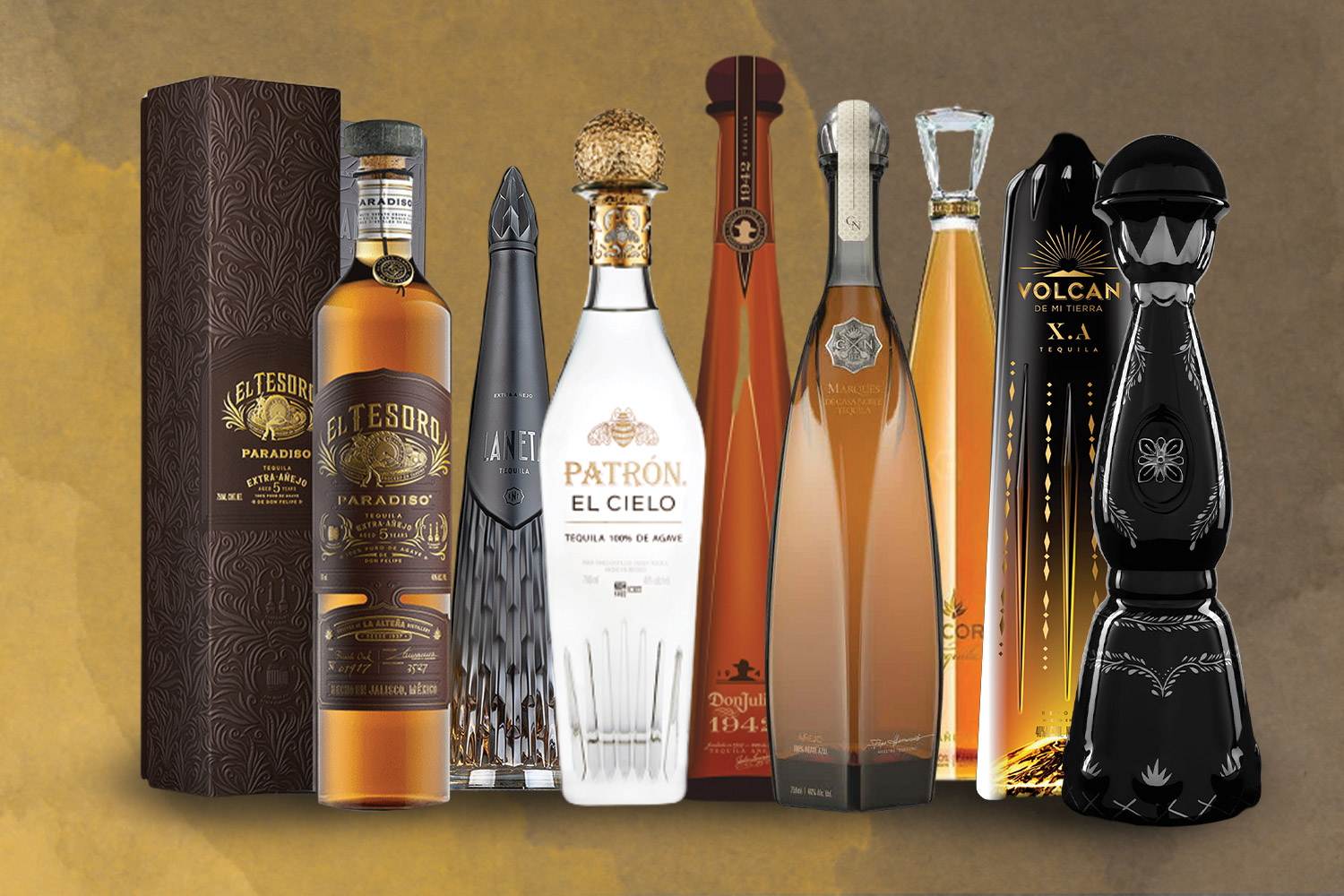
Tequila comes in several categories, each with its own characteristics:
- Blanco (Silver): Unaged or minimally aged, with a crisp, pure agave flavor.
- Reposado: Aged in oak barrels for a minimum of two months, offering a smoother taste with subtle oak notes.
- Añejo: Aged for at least one year in oak barrels, imparting rich flavors of vanilla, caramel, and spice.
- Extra Añejo: Aged for over three years, providing complex flavors and a velvety texture.
- Blanco (Silver): Also known as silver or white tequila, Blanco tequila is bottled immediately after the distillation process or aged for a short period, typically less than two months. It retains the pure essence of the blue agave plant, offering a crisp and vibrant flavor profile with notes of citrus, pepper, and earthiness. Blanco tequila is prized for its freshness and versatility, making it ideal for cocktails like margaritas and palomas.
- Reposado: Reposado, meaning “rested” in Spanish, refers to tequila that has been aged in oak barrels for a minimum of two months but less than a year. This brief aging period imparts a mellow complexity to the spirit, smoothing out its sharp edges and introducing subtle oak-derived flavors. Reposado tequila exhibits a balance of agave sweetness, vanilla, caramel, and spice, making it a popular choice for sipping neat or crafting premium cocktails.
- Añejo: Añejo tequila undergoes an extended aging process, maturing in oak barrels for at least one year but less than three years. This prolonged aging imbues the spirit with rich and nuanced flavors, as well as a velvety smoothness. Añejo tequila boasts complex notes of oak, vanilla, caramel, chocolate, and dried fruit, reminiscent of fine aged spirits like whisky or cognac. It is best enjoyed slowly, either neat or on the rocks, to fully appreciate its depth and sophistication.
- Extra Añejo: Introduced in 2006, Extra Añejo tequila represents the pinnacle of aging, requiring a minimum of three years of maturation in oak barrels. This category showcases the ultimate expression of tequila craftsmanship, with spirits aged for extended periods of time, often exceeding five years. Extra Añejo tequila is characterized by its exceptional smoothness, intense flavor concentration, and luxurious complexity. With notes of toasted oak, leather, dark chocolate, and spices, it offers a sensory experience akin to fine cognacs and aged spirits.
The Tequila Landscape: How Many Brands Exist?
The Evolution of Tequila Brands
Tequila’s popularity has soared in recent decades, leading to a proliferation of brands catering to diverse tastes and preferences. From traditional family-owned distilleries to modern, innovative producers, the tequila industry boasts a vibrant and dynamic landscape.
Estimating the Number of Tequila Brands
While pinpointing the exact number of tequila brands is challenging due to the industry’s fluid nature, estimates suggest that there are approximately 2,000 tequila brands in existence. This figure includes both well-established names and emerging labels, contributing to the beverage’s remarkable diversity.
- Historical Context: The tequila industry has a rich and storied history that dates back centuries, with roots deeply embedded in Mexican culture and tradition. Originally produced by indigenous peoples in the region, tequila evolved over time to become a globally recognized spirit with a diverse array of brands catering to different tastes and preferences.
- Scope of the Industry: The tequila market is expansive, encompassing a wide range of brands that vary in size, production methods, and heritage. From large multinational corporations to small-scale artisanal producers, the industry boasts a diverse ecosystem of players, each contributing to the richness and complexity of the tequila landscape.
- Estimating Brand Numbers: While pinpointing the exact number of tequila brands is challenging due to the dynamic nature of the industry, estimates suggest that there are approximately 2,000 brands in existence. This figure encompasses a broad spectrum of labels, including well-established names with global recognition as well as emerging brands seeking to carve out their niche in the market.
- Variety of Offerings: Tequila brands offer a wide range of products to cater to diverse consumer preferences. From traditional expressions like Blanco, Reposado, and Añejo to innovative flavored tequilas and limited-edition releases, brands strive to differentiate themselves through their product offerings, packaging, and marketing strategies.
- Global Reach: While tequila is deeply rooted in Mexican culture, its popularity has transcended borders, with brands exporting their products to markets around the world. This global reach has contributed to the proliferation of tequila brands and the increasing diversity of options available to consumers worldwide.
- Competitive Landscape: The tequila industry is fiercely competitive, with brands vying for market share and consumer attention. Established players leverage their heritage and reputation to maintain their position, while newer entrants seek to disrupt the market with innovative approaches and unique value propositions.
- Evolution and Innovation: As consumer preferences evolve and trends shift, tequila brands continue to innovate and adapt to meet changing demands. From sustainable production practices to experimental aging techniques and flavor profiles, brands explore new avenues to differentiate themselves and stay relevant in a competitive marketplace.
Notable Tequila Brands
Within the vast array of tequila brands, several stand out for their legacy, quality, and innovation. Let’s explore some of the most notable names in the world of tequila:
Jose Cuervo
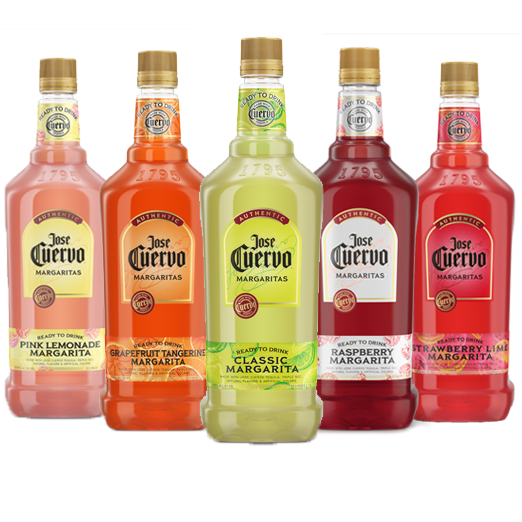
Jose Cuervo holds the distinction of being the world’s largest and best-selling tequila brand. With a history dating back to 1758, Jose Cuervo remains a symbol of Mexican heritage and craftsmanship. From its classic Especial® to the premium Reserva de la Familia®, Jose Cuervo offers a diverse range of tequila products to suit every palate.
Don Julio
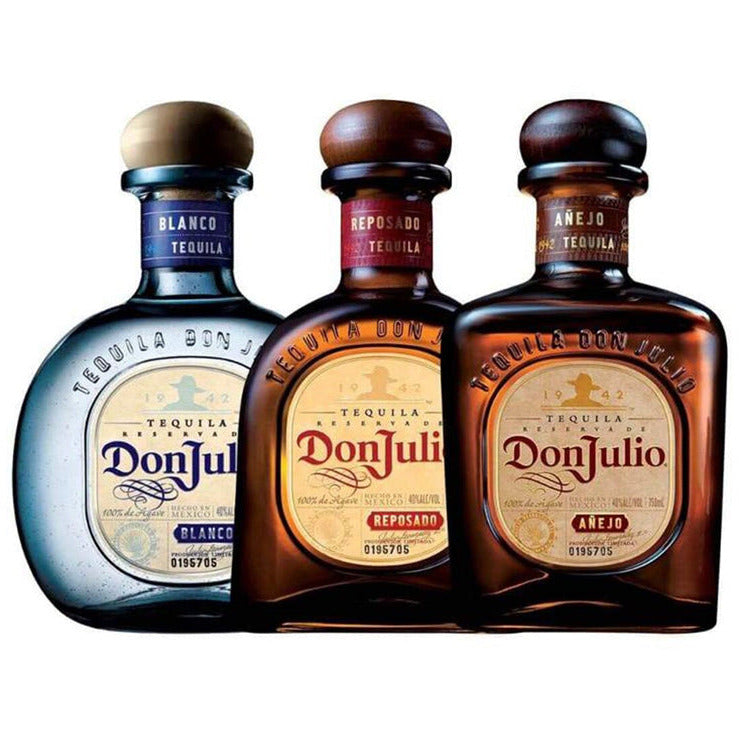
Don Julio is renowned for its commitment to excellence and tradition. Founded in 1989, Don Julio produces a range of tequilas, including Blanco, Reposado, Añejo, and the acclaimed 1942 Añejo. With a focus on quality and craftsmanship, Don Julio has earned accolades and loyal fans worldwide.
Herradura
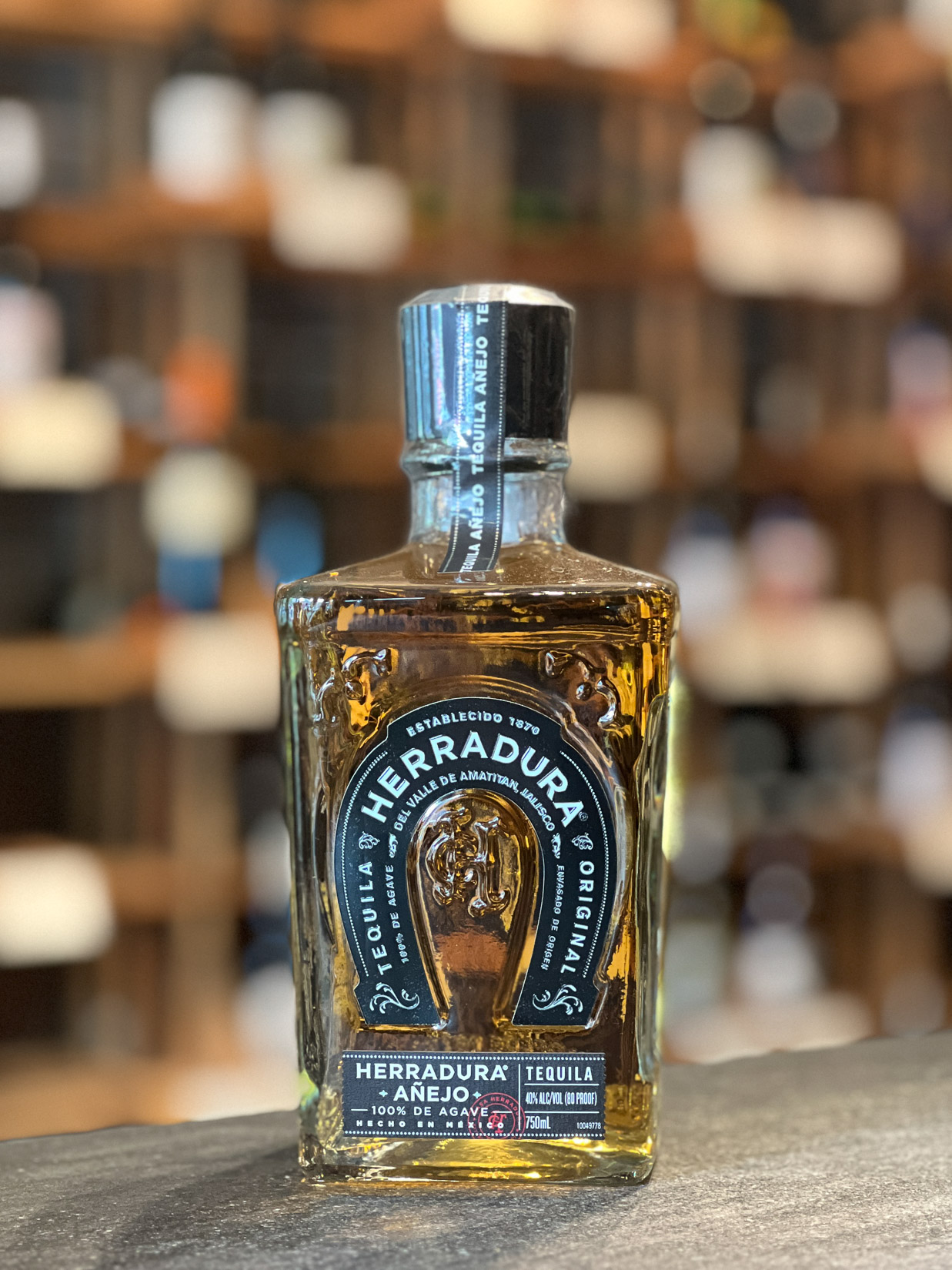
Tequila Herradura boasts a rich legacy dating back to 1870. Crafted in the heart of Jalisco, Herradura’s tequilas are renowned for their smoothness and depth of flavor. From the classic Blanco to the ultra-premium Selección Suprema, Herradura offers a portfolio that exemplifies the artistry of tequila making.
Patrón
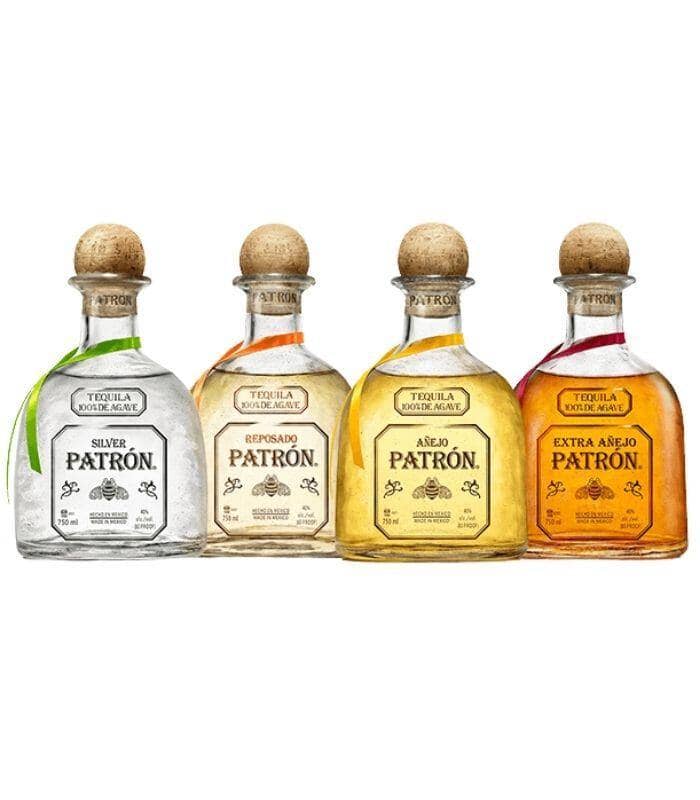
Patrón has achieved iconic status as the best-selling premium tequila in America. Founded in 1989, Patrón is celebrated for its commitment to quality and innovation. From its flagship Silver to the exquisite Extra Añejo, Patrón’s tequilas embody sophistication and refinement, earning accolades from connoisseurs worldwide.
Exploring Tequila Diversity
Beyond the well-known names, the tequila landscape is brimming with lesser-known brands, each offering its own interpretation of this beloved spirit. From small-batch producers to boutique distilleries, these brands contribute to the richness and diversity of the tequila market.
- Regional Variation: Tequila production is deeply rooted in the geographical and cultural landscape of Mexico, with different regions contributing distinct characteristics to the final product. For example, tequilas produced in the highlands (Los Altos) of Jalisco are known for their sweeter, fruitier flavors, while those from the lowlands (Valles) tend to exhibit earthy and herbal notes. Exploring tequila diversity allows enthusiasts to experience the nuances of terroir and regional variation.
- Agave Varieties: While blue agave (Agave tequilana Weber) is the primary agave species used in tequila production, there are other varieties that contribute to the diversity of flavors and profiles. Some producers experiment with alternative agave varieties, such as agave Espadín or agave Tobalá, to create unique expressions with distinctive characteristics. Exploring tequila diversity enables enthusiasts to discover lesser-known agave varieties and their impact on flavor.
- Aging and Maturation: Tequila aging plays a significant role in shaping its flavor profile and complexity. Different aging techniques, such as resting in stainless steel tanks, oak barrels, or alternative vessels, yield varying results in terms of flavor, color, and texture. Exploring tequila diversity allows enthusiasts to compare and contrast the effects of different aging methods, from the crispness of unaged Blanco to the richness of Extra Añejo.
- Innovation and Experimentation: The tequila industry is constantly evolving, with producers embracing innovation and experimentation to push boundaries and create new expressions. From flavored tequilas infused with fruits or botanicals to barrel-aged variations finished in wine or whiskey casks, there is no shortage of creativity in the world of tequila. Exploring tequila diversity offers enthusiasts the opportunity to discover innovative expressions and unconventional flavor profiles.
- Cultural Heritage: Tequila is deeply intertwined with Mexican culture, traditions, and rituals, reflecting centuries of history and heritage. Exploring tequila diversity provides insight into the cultural significance of this iconic spirit, from its role in celebrations and ceremonies to its place in culinary traditions. Whether sipped as a toast to friendship or enjoyed as part of a traditional fiesta, tequila embodies the spirit of Mexico’s vibrant culture.
Conclusion
In conclusion, the world of tequila brands is a vibrant tapestry of tradition, innovation, and craftsmanship. With approximately 2,000 brands to choose from, enthusiasts have an abundance of options to explore and savor. Whether enjoying a classic Jose Cuervo or discovering a hidden gem, the journey through tequila’s diverse landscape is one filled with flavor, history, and endless possibilities. Cheers to the spirit of tequila! 🥂
I’m Chen Mina, from Vol de Nuit, who has a special passion for bartending, especially mixing wine, beer, and cooktail. Here you will find content about alcoholic beverages, I will bring you knowledge that few people know about this drink.

